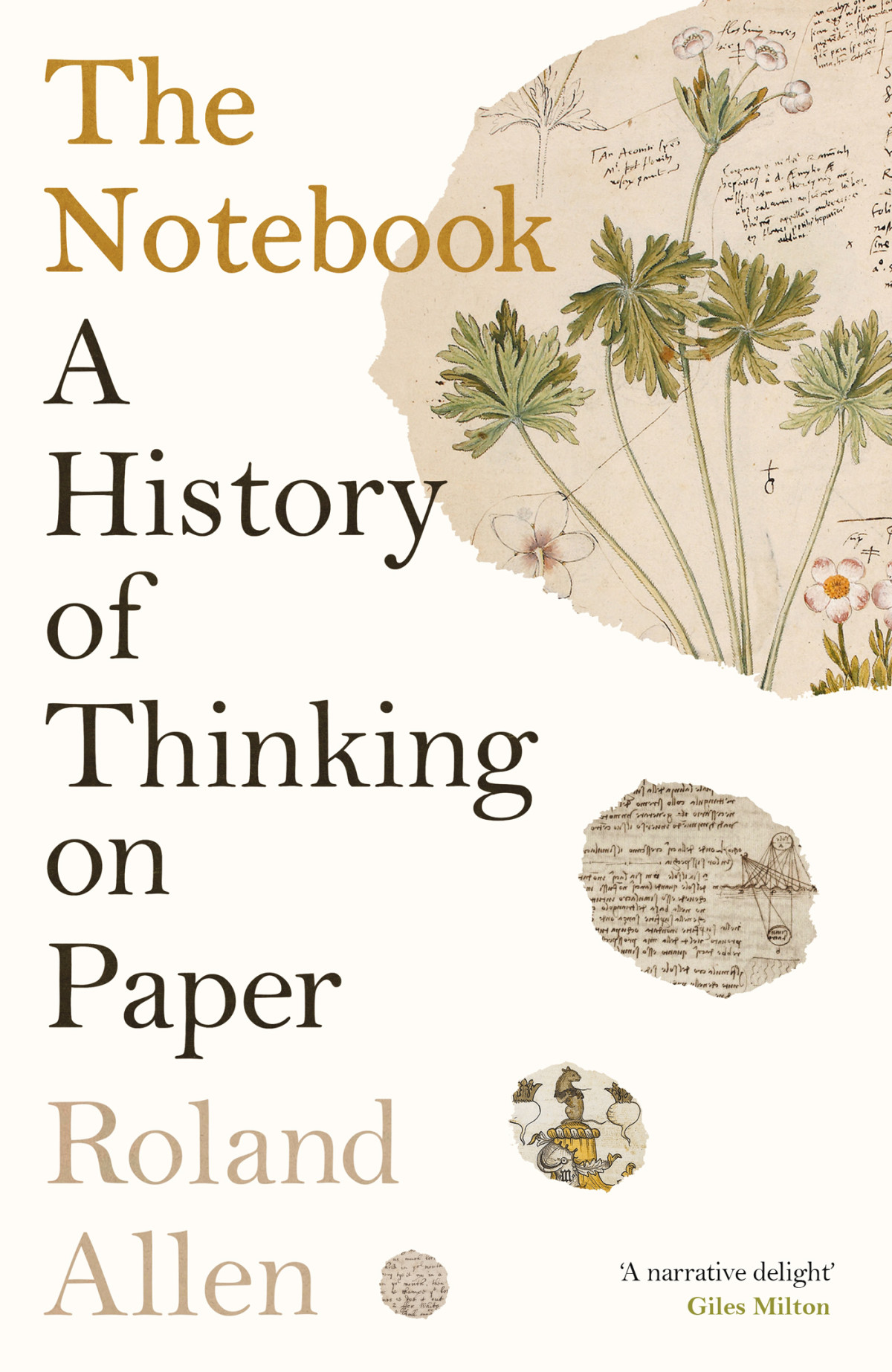

Most ebook files are in PDF format, so you can easily read them using various software such as Foxit Reader or directly on the Google Chrome browser.
Some ebook files are released by publishers in other formats such as .awz, .mobi, .epub, .fb2, etc. You may need to install specific software to read these formats on mobile/PC, such as Calibre.
Please read the tutorial at this link: https://ebookbell.com/faq
We offer FREE conversion to the popular formats you request; however, this may take some time. Therefore, right after payment, please email us, and we will try to provide the service as quickly as possible.
For some exceptional file formats or broken links (if any), please refrain from opening any disputes. Instead, email us first, and we will try to assist within a maximum of 6 hours.
EbookBell Team

4.0
36 reviewsA SPECTATOR 'BOOK OF THE YEAR' 2023
The first history of the notebook, a simple invention that changed the way the
world thinks.
'For everyone who ever bought a Moleskine and then wondered how to fill it' Simon Garfield
We see notebooks everywhere we go. But where did this simple invention come from? How did they revolutionise our lives, and why are they such powerful tools for creativity? And how can using a notebook help you change the way you think?
In this wide-ranging story, Roland Allen reveals all the answers. Ranging from the bustling markets of medieval Florence to the quiet studies of our greatest thinkers, he follows a trail of dazzling ideas, revealing how the notebook became our most dependable and versatile tool for creative thinking. He tells the notebook stories of artists like Leonardo and Frida Kahlo, scientists from Isaac Newton to Marie Curie, and writers from Chaucer to Henry James. Without their notebooks, Isaac Newton, Albert Einstein and Pablo Picasso - and a legion of other writers, artists and scientists - would never have achieved what they did.
In The Notebook: A History of Thinking on Paper, Roland Allen follows a trail of ideas, revealing how the notebook came to be our most durable tool for thinking. He shows how the blank book transformed life in Italy - prompting the rise of international banking and the intellectual advances of the renaissance - before becoming Europe's most versatile information technology. Artists, writers, scientists, and engineers all came to rely on theirs; but so did fishermen, sailors, cooks, and thieves. The Notebook tells their stories, celebrating the infinite variety of our notebooks and their uses. Referring to hundreds of fascinating examples, from 1300 to the present day, and drawing on the knowledge of a host of experts, Allen's stories will ensure that you look at - and use - your humble notebook in a whole new way.